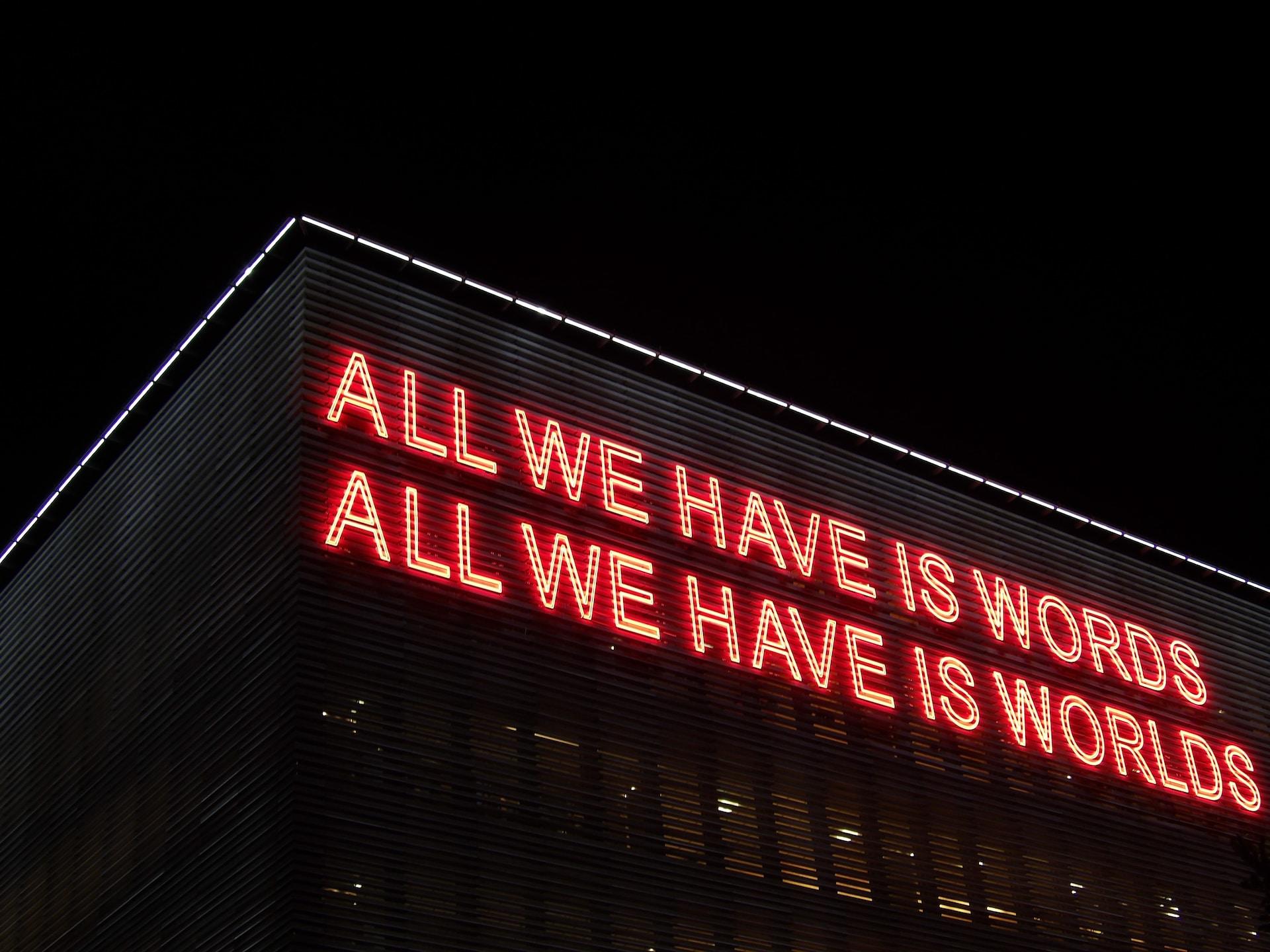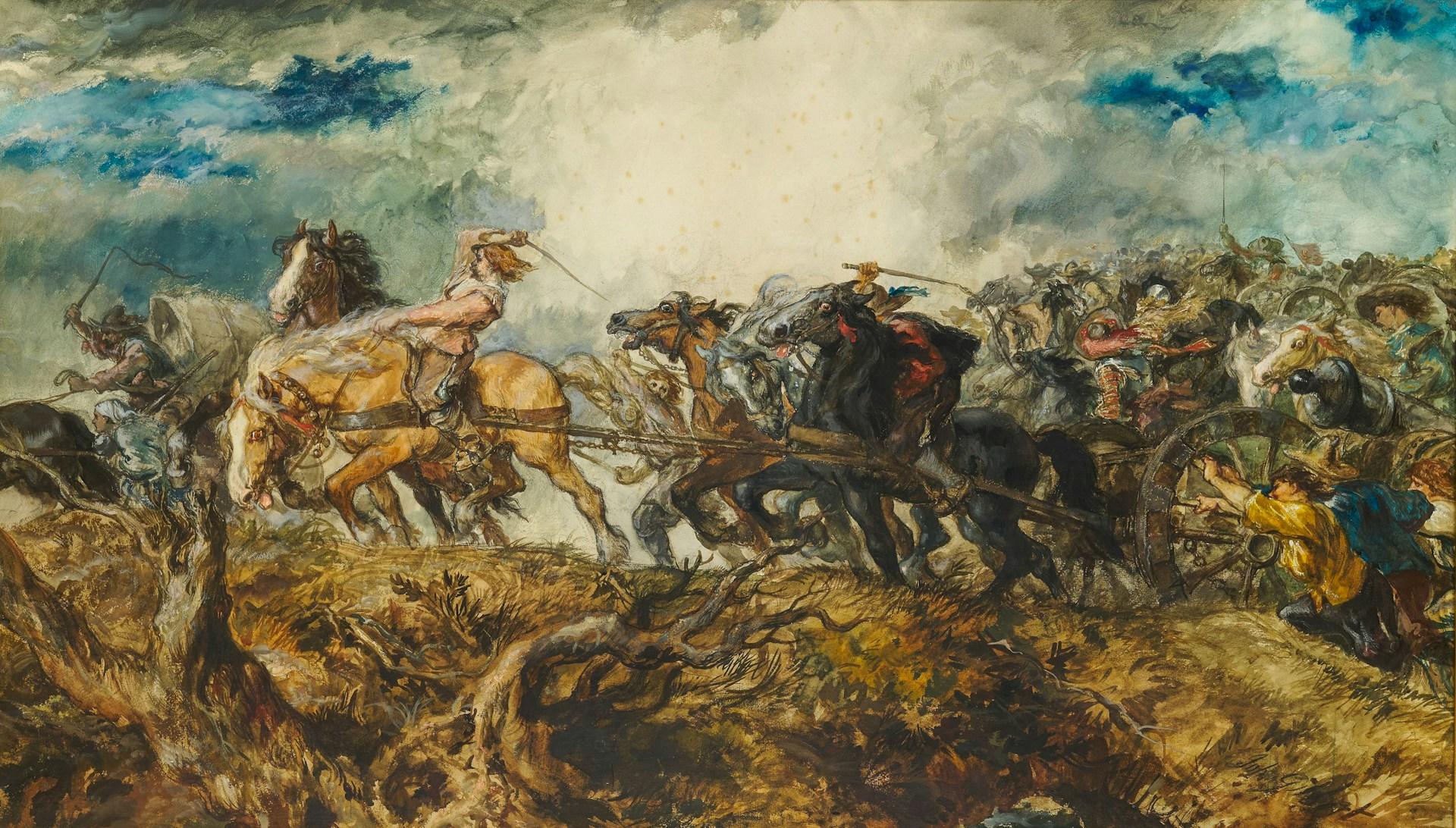Have you ever heard someone say “me either” and thought…”is that correct?”
English grammar is a confusing thing, and the use of either vs neither, as well as the use of has over have, both depend a lot on the context of the sentence.
In this guide, we’re breaking down these terms and when it is appropriate to use has instead of have, or when to use neither instead of either. Whether you’re learning English as a second language or just want to ensure that you’re using the terms correctly, this can be a very helpful and useful guide for you to ensure you’re saying the right thing. You don’t want to seem uneducated in a job interview or a speech, right? If you're learning how to write formally, for instance, you need a good level of understanding for these words.

Usage of Either vs. Neither
In basic terms, either means “one of two options” while neither means “not either” when discussing options.
It helps to define both either and neither to understand what they mean.
Either is normally used before the first of two or more options in a sentence to indicate a connection with another statement. The term can also indicate two choices or options, or two different people.
“Either Simon or Bill could drive to the show tonight.”
Neither is used before the first of two options in a sentence to explain they are not true, won’t happen, or aren’t an option.
Neither can also mean “not one or the other” when referring to two people or two different things.
“Neither of them could see anything further than the trees.”
Either and Neither as Determiners
Both of these terms can be used as a determiner in a sentence.
“I didn’t have any chips either night when we were on holiday”
In this instance, it means one of two things, referring to both of the nights in question.
Things get confusing when we consider the fact that either can also mean “each” in the right context. For instance, if we say that a footballer can play “just as well on either side of the pitch”.
Neither as a determiner still means “not either”. So, for example, someone might say:
“Neither of the options are great” when discussing two different options, for instance choosing between two desserts or starters on a menu.
It can be confusing, a little bit like mastering "who" and "whom", but some simple rules can help you to remember.
A quick search for English tutor near me will show you some of the options that you have available in your area.
Either and Neither as Adverbs
Adverb: “a word or phrase that modifies or qualifies an adjective, verb, or other adverb or a word group, expressing a relation of place, time, circumstance, manner, cause, degree, etc. (e.g., gently, quite, then, there ).”
Both either and neither can be used as adverbs, and either is used to show agreement or a link between two items or opinions. For example:
“I didn’t want to go to the play either.”
Neither can also be an adverb but it needs to be used before two choices in the context of the statement to make any sense:
“She felt neither happy nor unhappy about the situation.”
Either and Neither as Conjunctions
Conjunctions can indicate that there are multiple choices or possibilities in a scenario, or also be used to compare two different things.
Either is used to show that there are multiple different possibilities.
“I will listen to either The Beatles or The Rolling Stones today.”
When you say or write “neither” as a conjunction it means that there are two options and the same outcome.
“Neither Manchester City nor Manchester United won today in the football fixtures.”
When using a negative conjunction, you need to use the term “nor” instead of “or” in the middle.
Regardless of what search engine you use, searching for English tutor near me will present you with learning options that are available in your area.
Pronunciation
Pronunciation of the words is something that is often confused. So, if you’re learning English as a second language, for instance, you will want to work out the difference between the pronunciations as best practice.
That said, don’t stress about it too much. People in the UK or in America will be able to understand you even if you are technically using the wrong version.
| Word | UK English | American English |
| Either | “AI - THUH” | “EE - THR” |
| Neither | “NAI - THU” | “NEE - THR” |
The best way to get used to the pronunciation if you are learning English is to listen to the language rather than just seeing it written down. Many people now use methods to learn including YouTube videos and apps such as DuoLingo. These can be a great way to ensure that you are not just reading the words, but that you are also hearing them in use and understanding how the words are said.
“Either” and “neither” have relatively simple meanings, but as is the case with a lot of English grammar, there are exceptions to the rules and little nuanced details that it is important to work out when speaking and writing in English.
Me Neither or Me Too
One thing to get straight is that “me either” is never correct.
In a positive sense, the right term to use would be “me too.”
In a negative sense, it would be “me neither.”
This is an incredibly common error.

Understanding Has vs. Have

“Has” and “have” are two more words that are commonly confused. In different regions and dialects they may also be used incorrectly, which can make it really confusing for people who are looking to learn the language.
Other words commonly confused include "who" and "whom" or "to" and "too".
Has and have are both auxiliary verbs, but the context is really important, once again. The subjects in the sentences dictate how they are used.
“Has” is the third person singular of the simple verb “have”. It is used with any singular nouns or singular pronouns in a sentence, and can indicate things like ownership.
“The bus has air conditioning.”
"Have" is used with plural subjects, such as we, you, they, plural nouns, or when the subject is I or you (in the plural sense, like "you all" or "you guys").
“We have a few favourite places to go.”
When to Use Has or Have
The terms can’t really be ignored, they are very common words in the English language. “Have” is ranked number nine on the OEC rank of the most popular words in the English language, words that everyone, even with basic proficiency, should know.
In simple terms, use “has” when talking in third person singular context or talking about just one item. Has is often used with pronouns, showing possession: “She has a beautiful dress.”
Use “have” in a couple of different instances. Firstly, when you are talking about yourself in a first person context, such as saying “I have an unreliable car” or “we have a lot to talk about”.
You can also use this when referring to multiple people in third person plural, so saying something like “they have a pet dog at home.”
Has or Have in Conjunction With Other Verbs
It wouldn’t be the English language if this didn’t get at least a little confusing. The words “has” and “have” aren’t always straightforward, and they take on a slightly different meaning when they are used with other verbs.
Sentences that suggest possession can include other verbs that complicate things, and combining multiple verbs in the sentence can have a few different purposes.
“Has” and “have” can potentially show possibility in a sentence depending on the context, or something that is yet to happen but must happen.
“She has to take her car to the garage by the end of the week”
In this context, “has” takes on a meaning of something that it is suggested must happen and that is in the future.
“You have to check out the new show on Netflix” would be another example.
With some other verbs, the terms “has” and “have” can also be used to demonstrate an action of a verb that was already completed. It “has been completed”.
So, as well as being used in the future tense it can also be used in the past tense. That said, this use of the terms also classes as something called the “perfect present tense” which is the combination of a relationship of a verb (a doing word) with the past tense by using the words “has,” “have,” or “had”.
“I have waited so long for my favourite band to release an album”
The perfect present tense can be quite confusing, when you start to think about what is actually happening in the language. You need to use the right learning methods. The following description does an excellent job. Note that it explains how using the perfect present tense may also use terms that can continue in the future. So if somebody says “I have worked in construction for 10 years” it doesn’t mean that they have stopped working in construction, the action can span the past, present, and future tenses.
The best way to find an eligible teacher that offer their services in your area is to search online for English tutor near me.
Conclusion
When learning how to speak English, there are lots of terms like these that can be confusing, but a few simple rules can help you to understand the right ways to use the terms either, neither, has, and have, and never get them wrong again!
Summarise with AI:
























